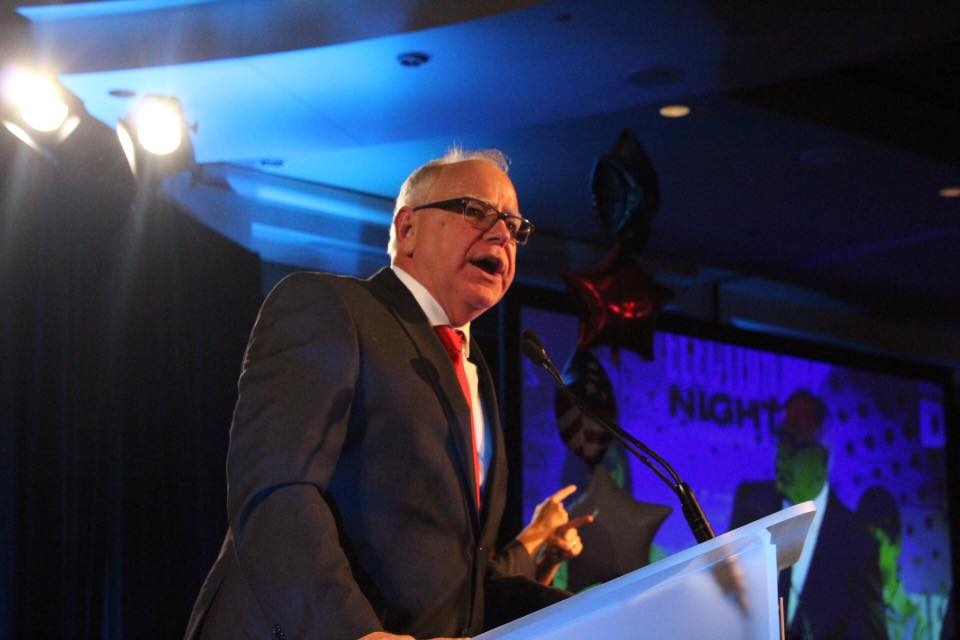Minnesota
Governor, legislative leaders work to set budget targets

ST. PAUL, Minn. (AP) — Gov. Tim Walz and the top House and Senate leaders gathered Monday in hopes of agreeing on budget targets to guide negotiations for ending Minnesota’s legislative session, saying their talks had been positive and respectful but that education and health and human services funding were the top challenges.
The Democratic governor, Republican Senate Majority Leader Paul Gazelka and Democratic House Speaker Melissa Hortman sat down in hopes of meeting their self-imposed deadline for setting those targets by Monday night so that conference committees would get the numbers they need to draft the final budget bills. The discussions followed similar meetings Friday night and Saturday.
At issue were the big questions of spending and taxes that need to be resolved if the Legislature is going to adjourn on time May 20. While the governor and House Democrats hold similar positions, they need to forge compromises with Republicans who control the Senate and have balked at the higher taxes and spending that the Democrats have proposed. The difference in new spending is about $4 billion for the Democrats’ plan versus about $2 billion for the GOP budget.
Gazelka drew a strong contrast between the current talks with the contentious budget negotiations of 2017, when the GOP controlled both chambers and Democratic Gov. Mark Dayton often clashed with GOP Speaker Kurt Daudt. Dayton is now retired while Daudt has been relegated to House minority leader.
“Governor Walz is different from Governor Dayton. They both have different styles. They’re both passionate. They both love Minnesota as much as I do, but it’s definitely different,” Gazelka said. “And Speaker Hortman is very pragmatic, wants to find a way through as well. And that’s why I have confidence that we’ll get something done for Minnesota … but it won’t be easy.”
The Republican leader said there was a “fundamental difference” in how the sides assembled their budget proposals. He said Republicans based theirs on what they could fund without raising taxes.
But the governor countered that his budgeting process was “evidence based” because it set targets based on the costs of what Minnesotans told him were the state’s necessities for education, transportation and other priorities — then figured out how to pay for them.
Gazelka reiterated that Walz’s proposal for a 20 cent gas tax increase — a 70% hike to pay for roads and bridges — “isn’t going to happen.” But Walz faulted the GOP transportation plan for investing no new money above current revenue projections.
Hortman said relatively little after Monday’s initial discussions except that she was “very hopeful” and anticipated working hard all day.







